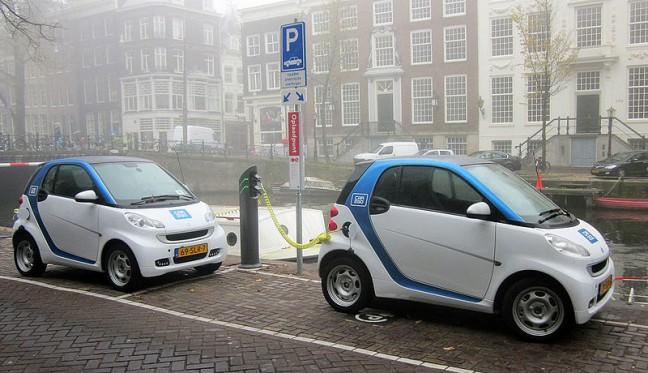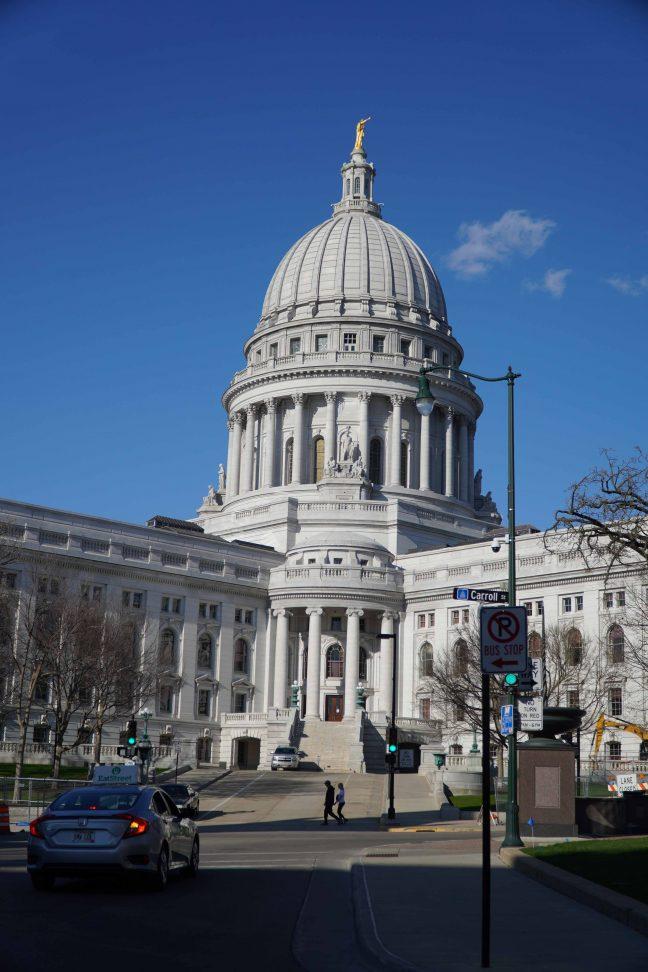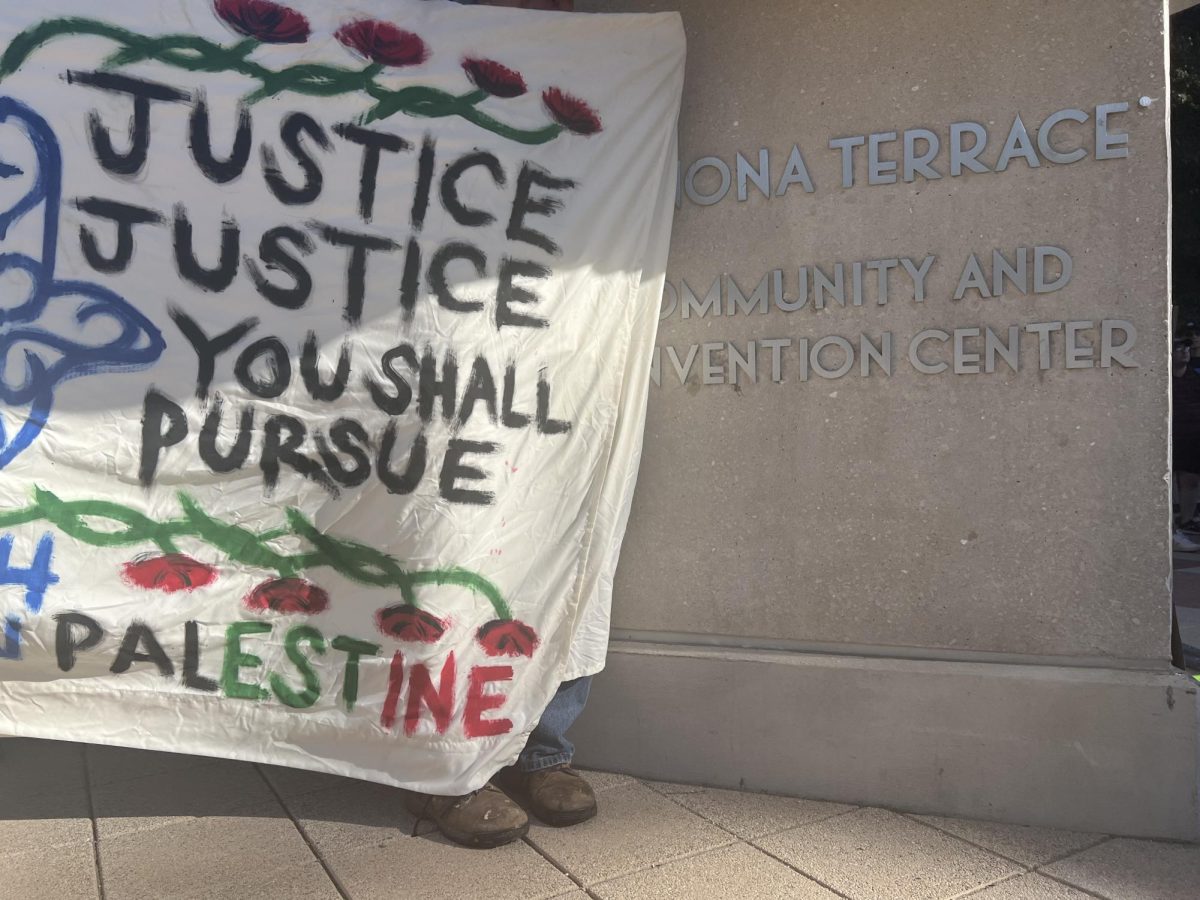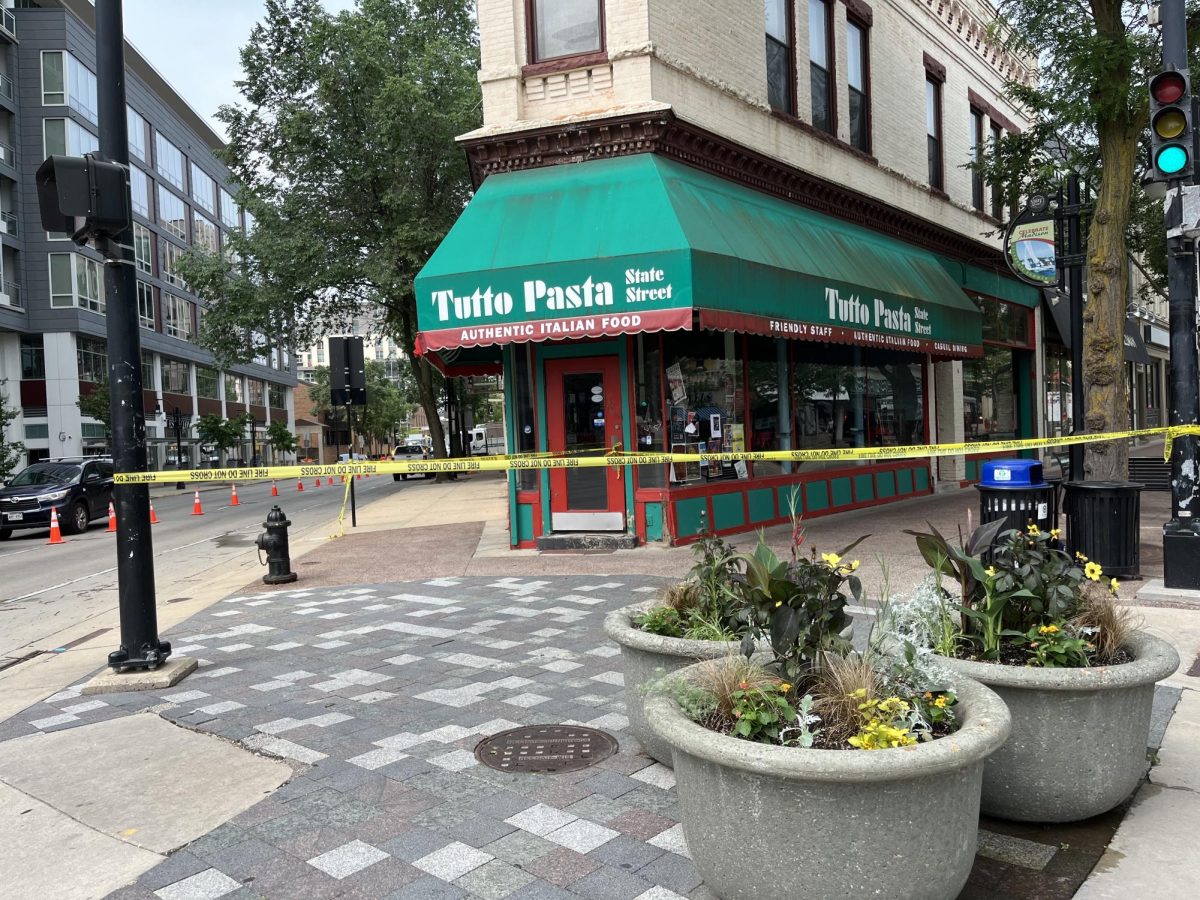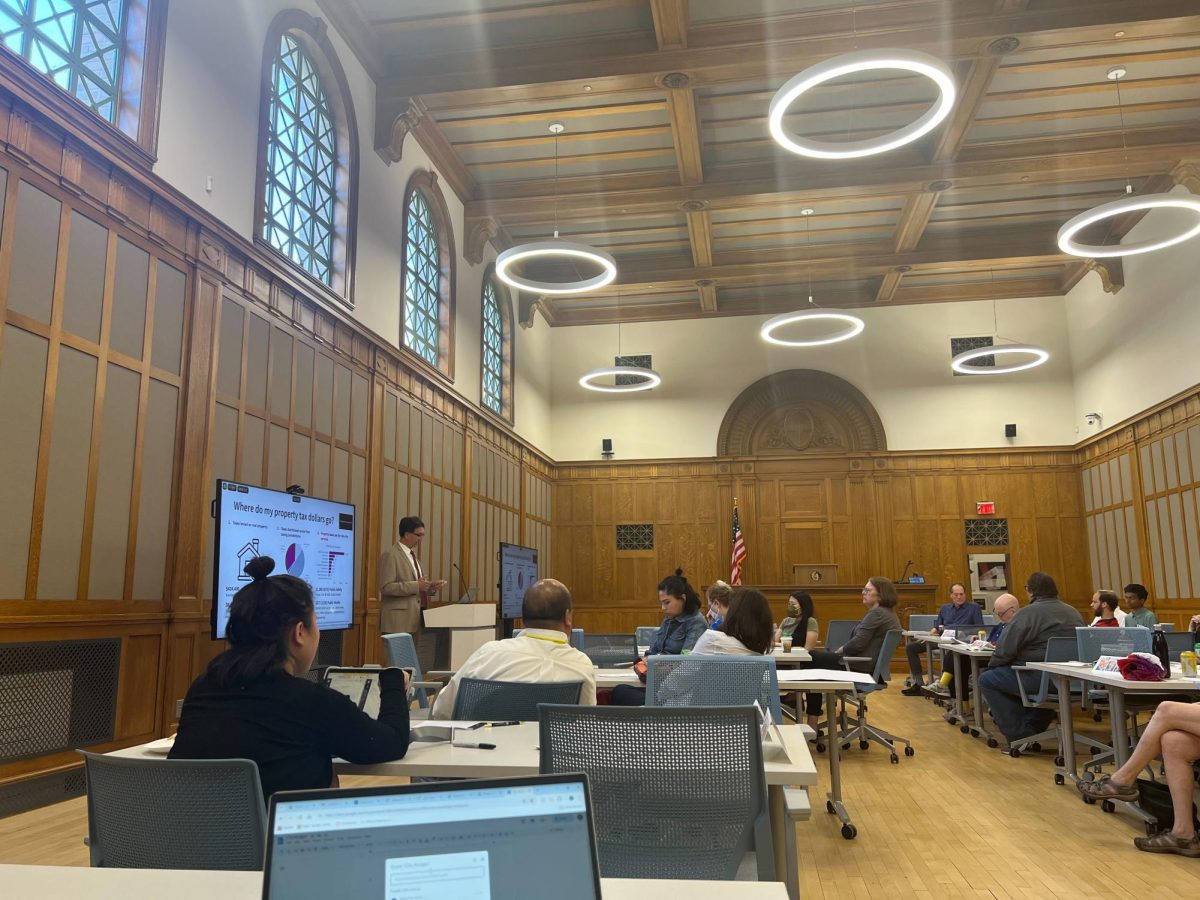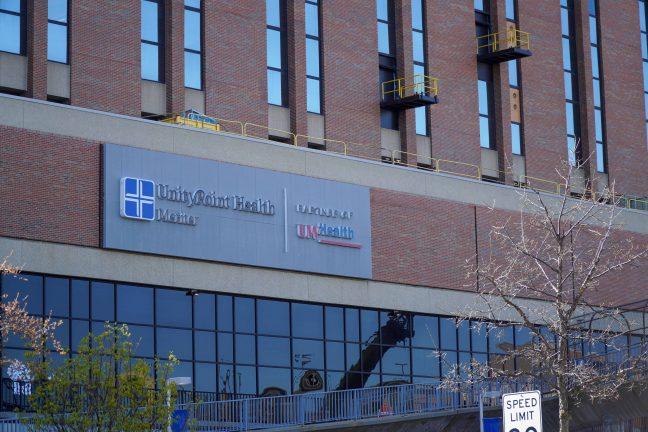Car-sharing in Wisconsin cities could allow a single car to perform the job of five cars daily.
Recently introduced legislation would give more control to local governments regarding car-sharing, and open up the potential for new car-sharing businesses in Madison.
Previous car-sharing models in Madison, like Zipcar, involved picking up a car from a designated parking space, using it and then returning it to the same designated space. If the proposed legislation passes, it would allow for more versatile models where users could simply park the car in street parking at their destination, William Putnam, a parking engineer for Madison’s Department of Transportation, said.
Rep. Tyler August, R-Lake Geneva, introduced the bill that would give local governments the ability to lease out short-term parking spots to car-sharing companies to be used for longer periods of time. This type of agreement is currently illegal under Wisconsin law, August said.
“So if there’s two hour parking on Mifflin Street, local government cannot currently go to a company or an individual and say it’s two hour parking here, but for you in this spot, we will allow you to be there for 24 hours,” August said.
The bill would allow local governments to enter into negotiations for these agreements, but doesn’t pressure communities that decide these types of agreements wouldn’t be beneficial for the area, August said.
A wide range of transportation options, especially in more urban environments, makes it more likely that everyone will be able to find an option that works for them, August said. Additionally, people tend to choose alternative transportation options, such as biking, busing or walking, if they know that they have a car available to them should they need it, Putnam said.
“I think this is just an example of state law standing in the way of innovation within the transportation marketplace,” August said.
Currently, there are several areas of the isthmus where more than one parking permit is sold for every available parking space, Putnam said.
The proposed car-sharing bill would allow residents, especially students, to not bring their cars to Madison, Putnam said. In a city that has a shortage of residential permitted parking downtown, this could help to alleviate some of the stress, he said.
“Car-sharing vehicles would make much better use of the on-street spaces — one car share vehicle may be used seven to 10 times a day by different people,” Putnam said. “That one car is serving the same role that 10 privately owned vehicles would serve otherwise.”
Although state-wide legislation was passed last spring governing ride-share companies like Uber and Lyft, Madison has a history of passing anti-ride-share legislation. August, also the author of last spring’s ride-share bill, doesn’t believe this legislation will be nearly as controversial.
Car-sharing companies will provide insurance for the vehicles, helping ensure that each driver will be taken care of while on the road, August said.
The specifics of any agreements between local governments and car-sharing companies, such as the location of the shared cars and the length of time allotted within the parking space, will be determined entirely by the local governments, August said. This freedom will help prevent any of the tensions that arose over the ride-share legislation.
With various complicated parking situations, such as peak hour lanes and alternate side parking in the winter, Madison requires ordinances specifically tailored to the city, Putnam said. Allowing local governments to create their own ordinances for car-sharing will help make sure it is as effective as possible, he said.
Putnam said Madison’s Department of Transportation is excited to see whether this bill, if passed, can address some of the parking challenges on the isthmus.
“We’re excited to see this moving forward. It really has the potential for allowing more development in the downtown [area] and more transportation choices,” Putnam said.








